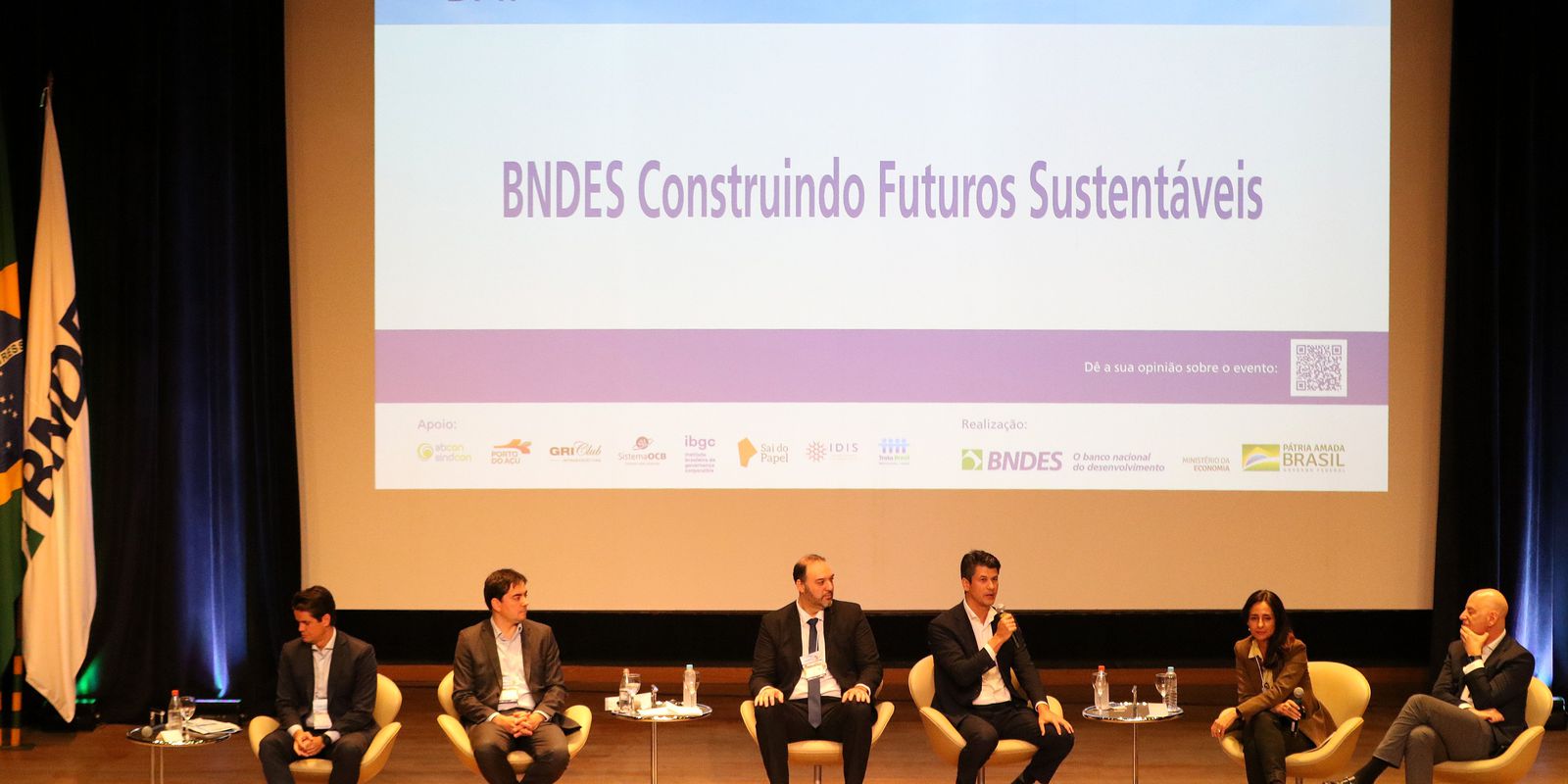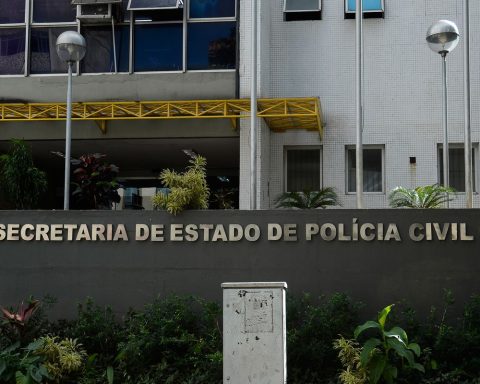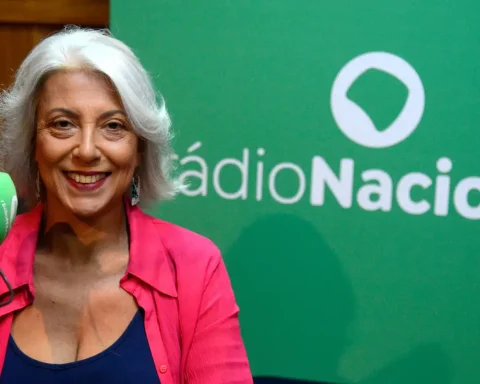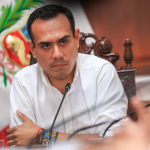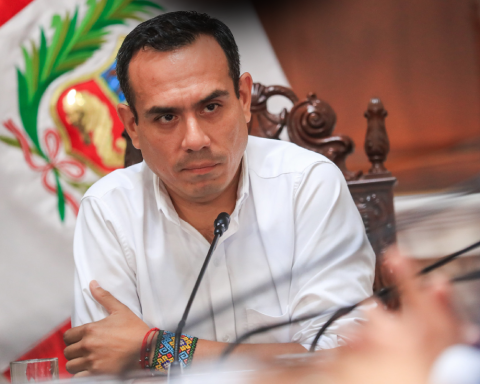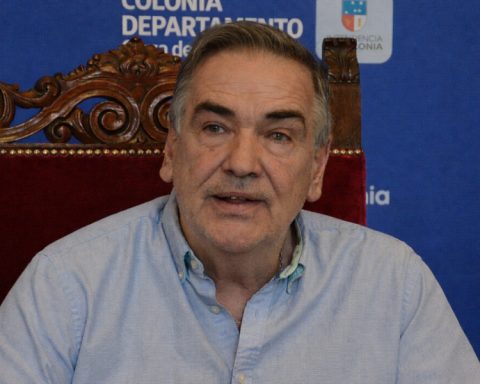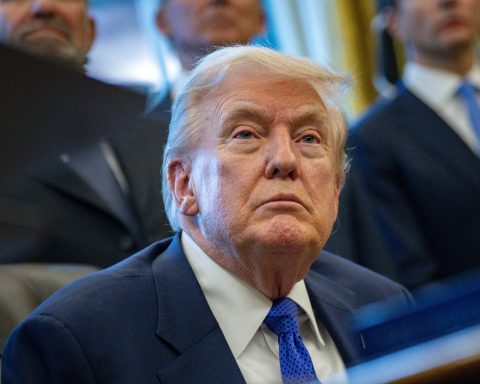The director of Finance at the National Bank for Economic and Social Development (BNDES), Lourenço Tigre, said today (7) that although the bank is not a borrower of funds in the capital market, because it can use the Worker Support Fund (FAT) , managed to program, in negotiations with multilateral organizations, the raising of around BRL 20 billion, “which gives enough comfort for the bank to continue with its role of financing the economy, both infrastructure and socio-environmental productive credits”.
“The FAT comes with a lot of comfort on the one hand, and on the other hand we have evolved a lot in the discussion with multilateral organizations, and with that we have already programmed a pipeline of almost R$ 20 billion in funding with these organizations”, he said at the opening of the BNDES Day meeting, promoted by the institution and the Ministry of Economy, at the bank’s headquarters, in Rio de Janeiro.
In the director’s view, the bank is currently in an extremely healthy capital and financial liquidity situation. Shareholders’ equity, according to the director, reached BRL 137 billion, the highest in the institution’s history, “which represents peace of mind in this area”.
Furthermore, still according to Tigre, after making the payment to the Treasury this year, the bank has a cash position of around R$85 billion to R$90 billion, projected until the end of the year.
Tigre added that, as part of the BNDES evolution process in recent years, it is noted that the bank’s disbursement level has dropped due to the readjustment of the institution to function in a new structure, but it already shows that it is returning to higher levels.
“We have disbursements projected for this year in the order of BRL 90 billion, with contracts in excess of BRL 100 billion, which indicates the continuity of increasing disbursements for 2023 and a cash projection, when looking at next year, still at the end of the year in the order of what it is today”, he said.
At the same meeting, the director of Concessions and Privatizations at the BNDES, Fábio Abrahão, said that the institution has focused heavily on the issue of sanitation and the sector’s portfolio has something around R$ 400 billion in mobilized capital. “It is the sum of investment commitments with grants or debt with the private sector”, he said, noting that the investment portfolio impacts the lives of more than 40 million Brazilians, being a response of the size that Brazil needs.
“We are talking about almost half a trillion reais between operations already carried out with mobilized capital and the pipeline that we are leaving for the next management of the bank. It is very important that we keep it in our heads. It’s a lot, a lot of investment”, said the president of the BNDES, Gustavo Montezano.
